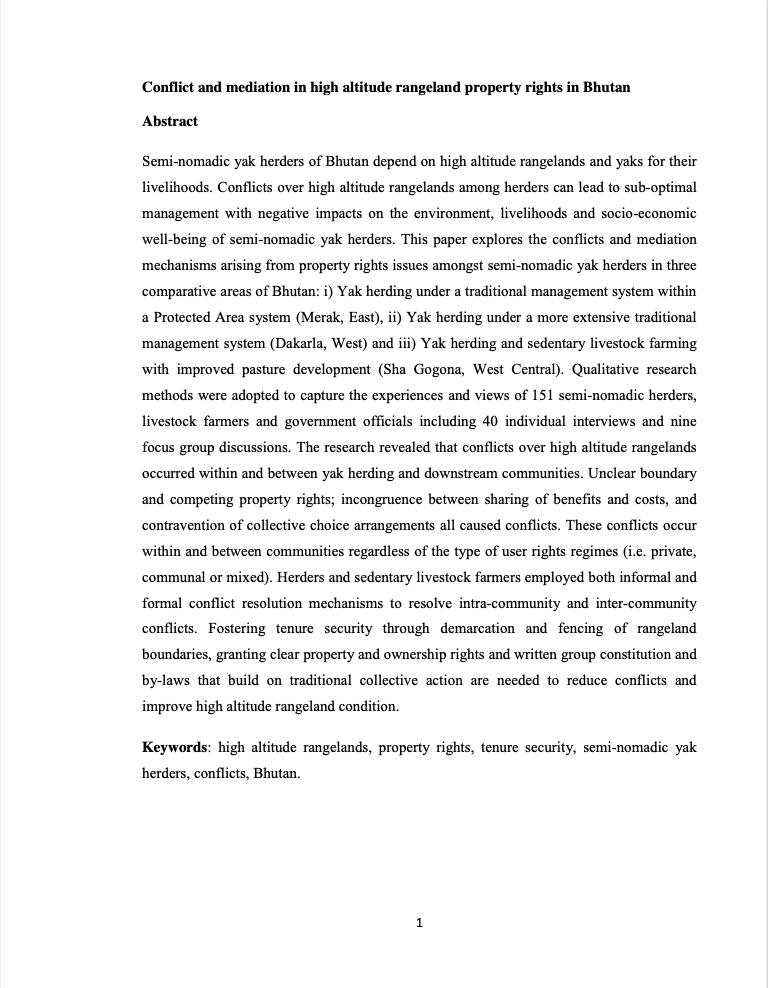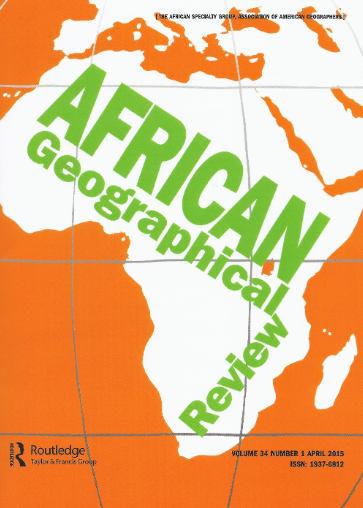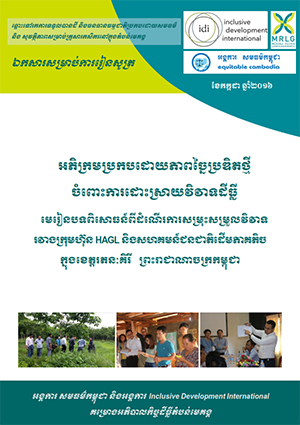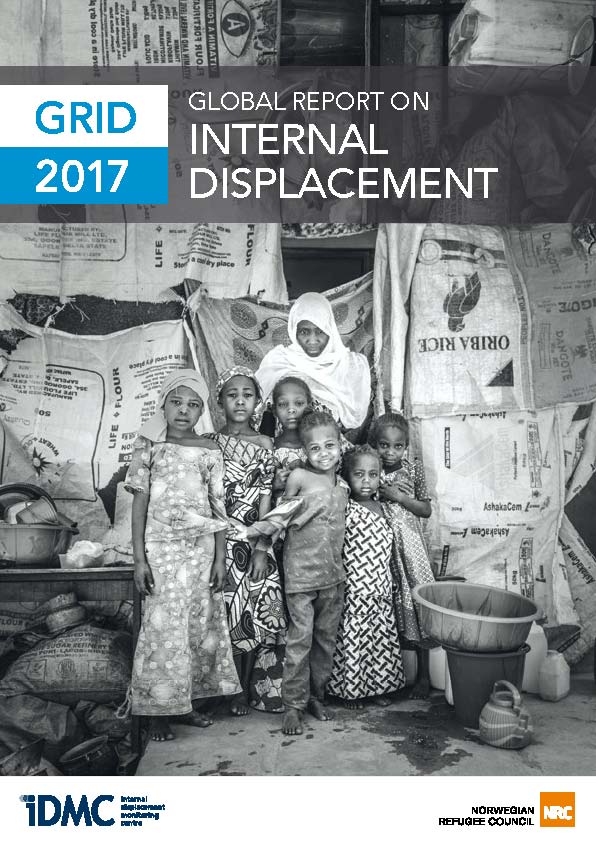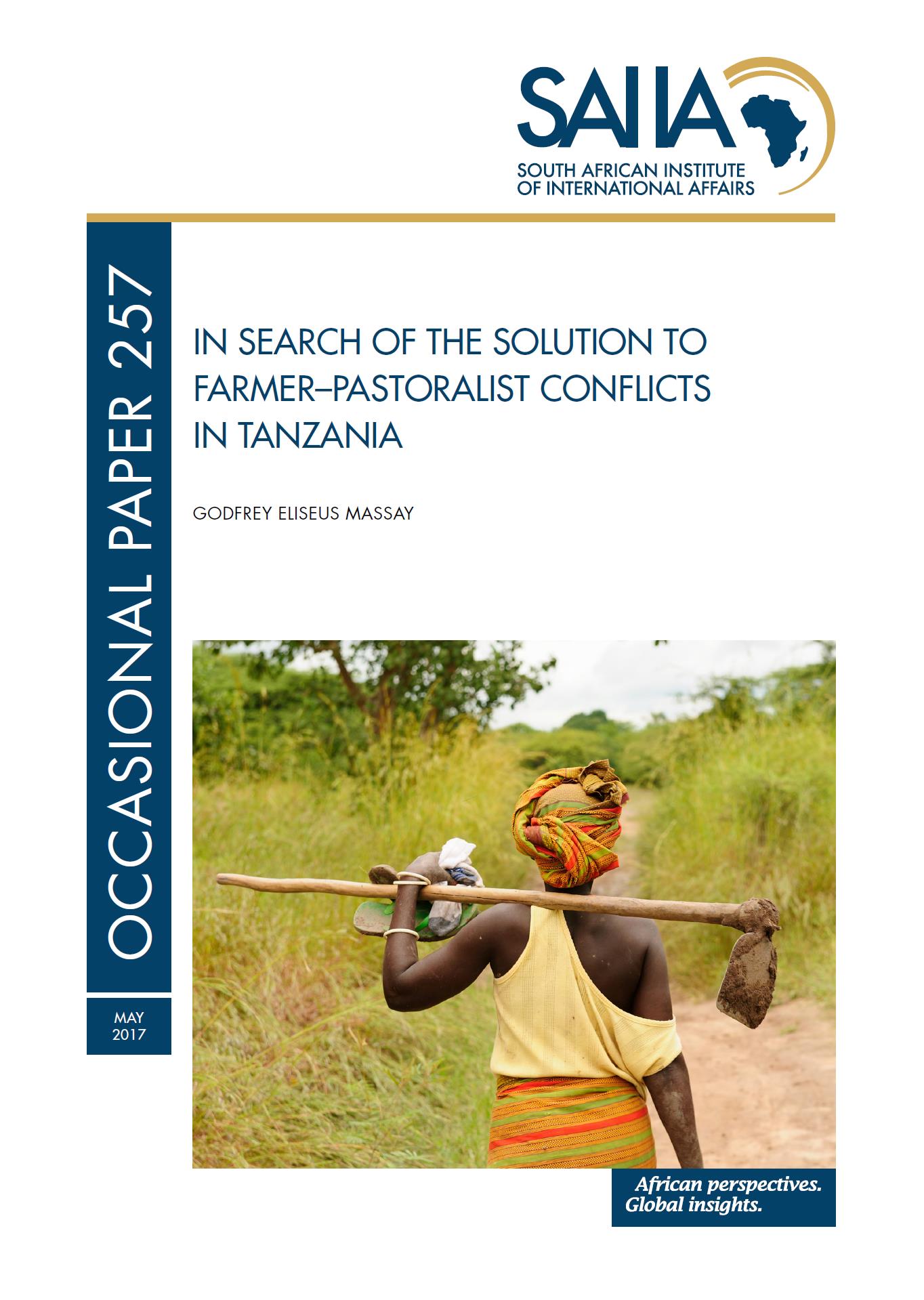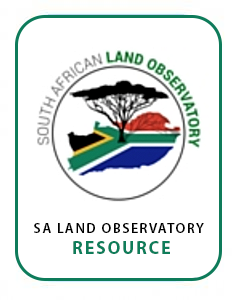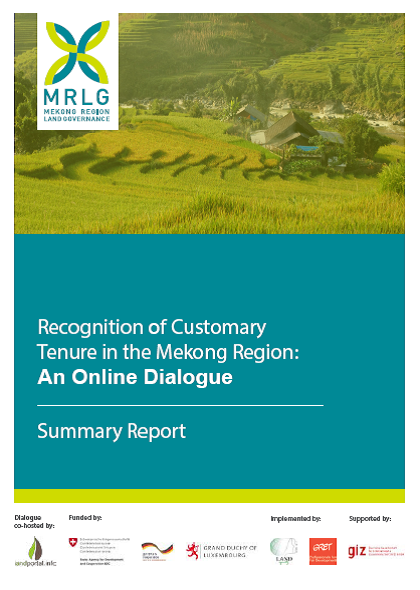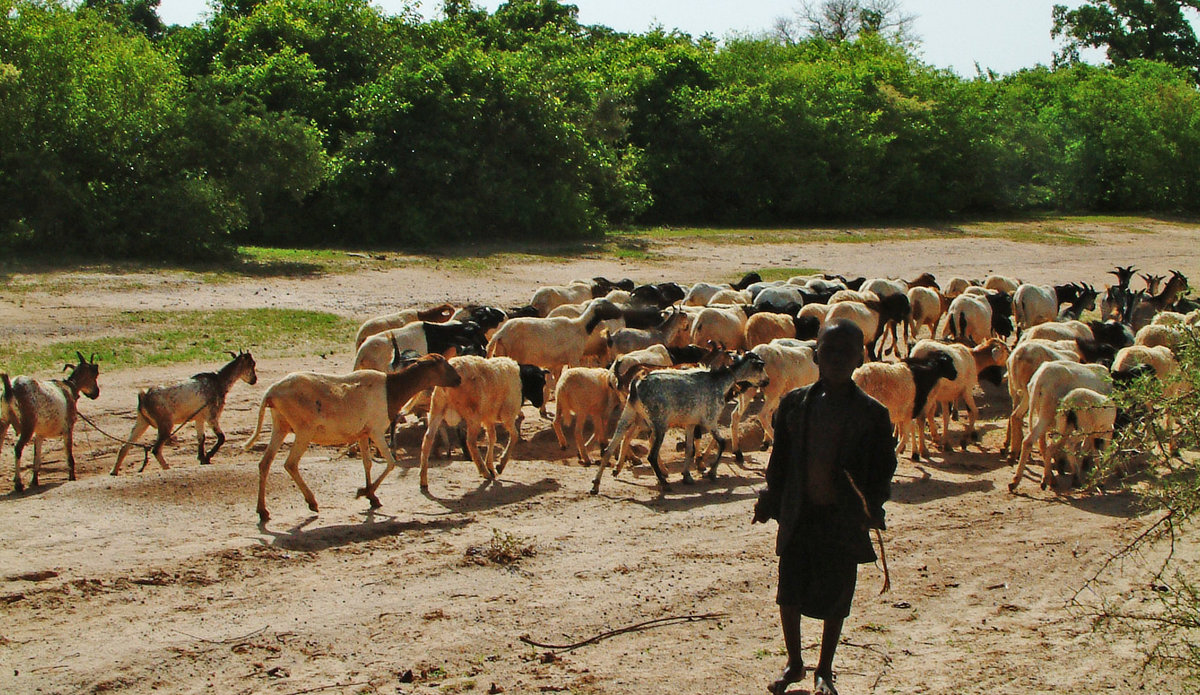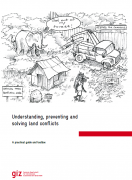Conflict and mediation in high altitude rangeland property rights in Bhutan
Semi-nomadic yak herders of Bhutan depend on high altitude rangelands and yaks for their livelihoods. Conflicts over high altitude rangelands among herders can lead to sub-optimal management with negative impacts on the environment, livelihoods and socio-economic well-being of semi-nomadic yak herders.

